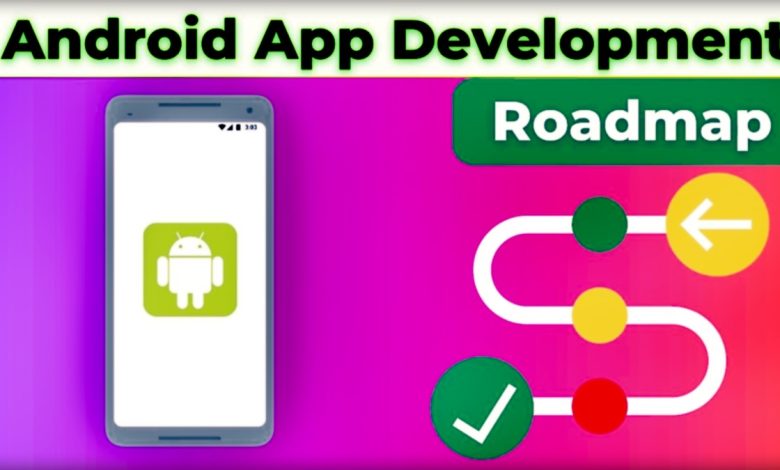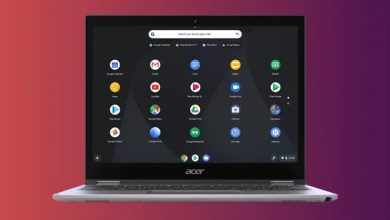
If you’re a beginner looking to learn Android development, here are some tips to get you started:
- Understand the Basics of Java/Kotlin: Android development primarily uses Java or Kotlin programming languages. Familiarize yourself with the basics of these languages, including variables, data types, control structures, functions, and object-oriented programming concepts.
- Set Up Your Development Environment: Install Android Studio, the official integrated development environment (IDE) for Android development. Android Studio provides tools and resources for building Android apps, including an emulator to test your apps.
- Learn Android Architecture: Get familiar with the Android app architecture, which includes activities, fragments, views, intents, services, and content providers. Understand how these components work together to create an Android app.
- Follow Official Documentation and Tutorials: Android Developer Documentation is an excellent resource for learning Android development. Follow the official guides and tutorials to understand various concepts and best practices.
- Build Simple Apps: Start by building simple apps to get hands-on experience. Begin with basic UI elements like buttons, text views, and image views. Then gradually progress to more complex features like lists, navigation, and user input.
- Study Code Samples: Explore open-source Android projects or sample apps provided by Google to study real-world code examples. Analyze the code structure, design patterns, and implementation techniques used in these projects.
- Join Developer Communities: Engage with the Android developer community to seek guidance, ask questions, and learn from experienced developers. Participate in forums, discussion boards, and social media groups focused on Android development.
- Practice Regularly: Consistent practice is key to improving your skills. Set aside dedicated time each day or week to work on Android projects, experiment with code, and solve programming challenges.
- Use Online Learning Platforms: Take advantage of online learning platforms like Udacity, Coursera, and Pluralsight, which offer structured Android development courses and tutorials taught by industry professionals.
- Build Real-World Projects: As you gain confidence, start building real-world projects that interest you. This will help you apply your knowledge and gain practical experience.
- Stay Updated: Android development is constantly evolving, with new updates, features, and best practices. Stay up to date with the latest advancements by following official Android blogs, attending conferences, and exploring relevant online resources.
Remember, learning Android development is a journey, and it’s essential to be patient, persistent, and eager to learn from your mistakes.
Good luck!






